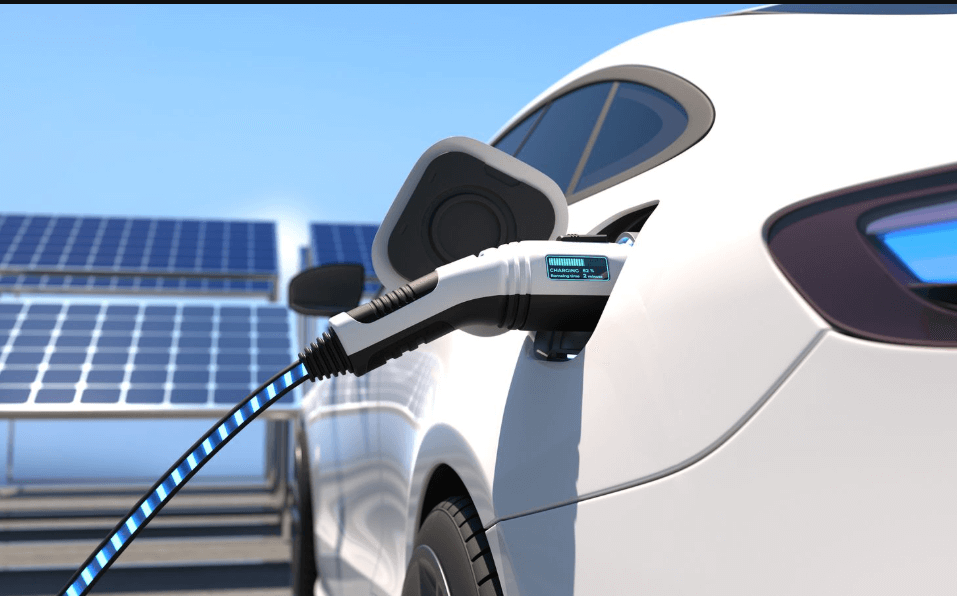The Rise of Electric Vehicles and the Role of Tech in Sustainable Transportation

The rise of electric vehicles (EVs) signifies a pivotal shift in transportation, underscored by significant technological advancements. Innovations in battery technology promise enhanced efficiency and safety. Meanwhile, the expansion of charging infrastructure addresses critical consumer concerns. These developments suggest a broader transformation in mobility. Yet, the intersection of technology and sustainability raises questions about the long-term implications for the environment and society. What challenges and opportunities lie ahead in this evolving landscape?
Advances in Battery Technology
As the demand for electric vehicles (EVs) continues to surge, advances in battery technology have become pivotal in shaping the future of sustainable transportation.
Solid state batteries promise greater energy density and safety compared to conventional options, while innovations in battery recycling can reclaim valuable materials, reducing environmental impact.
Together, these advancements not only enhance EV performance but also empower a more sustainable automotive future.
See also: The Rise of Augmented Reality and Its Impact on Everyday Life
Expanding Charging Infrastructure
While the proliferation of electric vehicles (EVs) offers a promising path toward sustainable transportation, the expansion of charging infrastructure is critical to support this transition.
Enhancing charging accessibility through thoughtful urban planning can alleviate range anxiety and encourage widespread EV adoption.
Strategic placement of charging stations in urban areas ensures that drivers can freely navigate, fostering a seamless integration of electric mobility into everyday life.
Smart Connectivity and EV Integration
Smart connectivity stands at the forefront of electric vehicle (EV) integration, revolutionizing the way drivers interact with their vehicles and the surrounding infrastructure.
Through smart grids and vehicle-to-grid technologies, EVs become active participants in energy management, allowing for decentralized energy distribution and enhanced grid stability.
This interconnectedness empowers drivers, fostering a sustainable ecosystem that embraces freedom in mobility and energy usage.
The Environmental Impact of Electric Vehicles
The environmental impact of electric vehicles (EVs) extends beyond their zero tailpipe emissions, presenting a complex interplay of benefits and challenges that merit careful examination.
While EVs contribute to reduced carbon emissions, concerns arise regarding resource sustainability, particularly in battery production.
A balanced approach is essential to ensure that the transition to electric mobility fosters genuine environmental progress without compromising ecological integrity or resource availability.
Conclusion
As the world races toward a future dominated by electric vehicles, one must wonder if the real winners are the tech companies crafting shiny new gadgets or the planet itself. While solid-state batteries promise to zap away our carbon woes and charging stations sprout like mushrooms, the irony remains: in our quest to save the Earth, we may just be trading one set of emissions for another. Yet, perhaps that’s the price of progress in our electrifyingly complex dance with sustainability.




